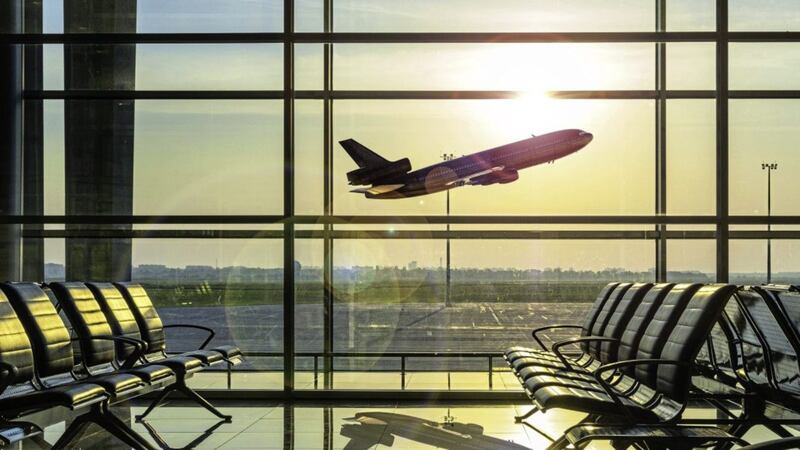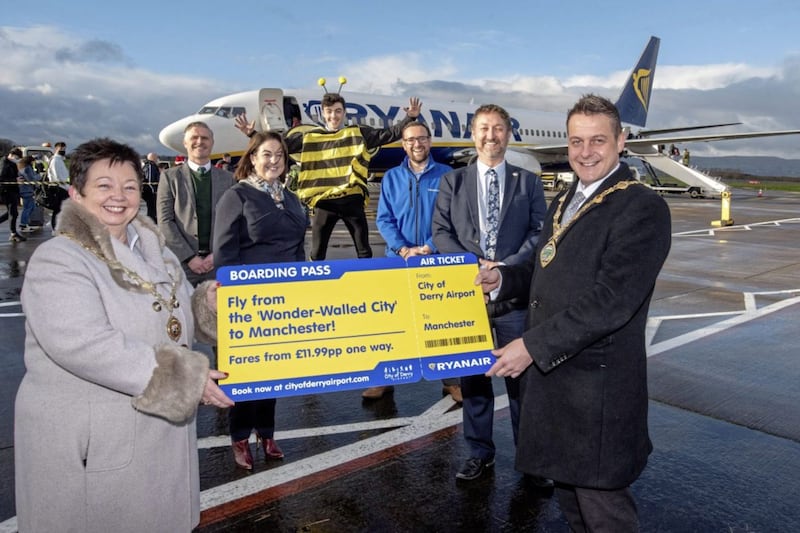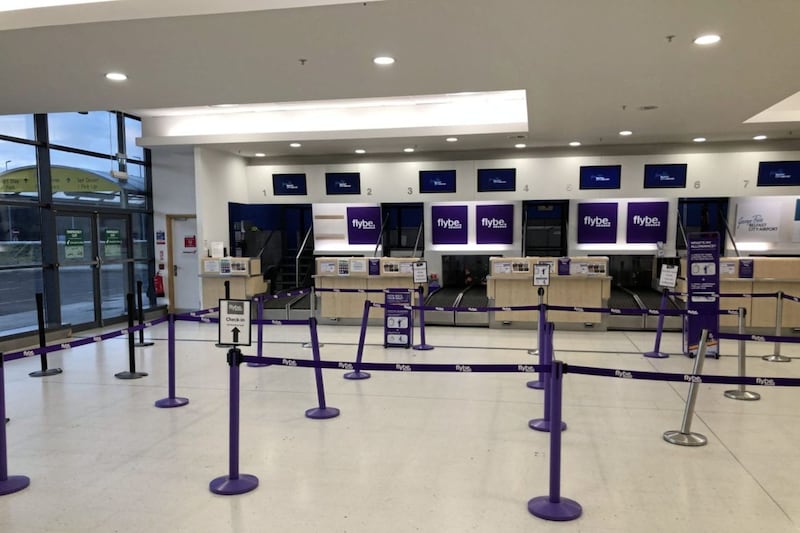MORE than a million air passengers have been lost from Belfast's main airports to Dublin in the last year, campaigners for the abolition of air passenger duty (APD) claim.
The airports will look on enviously this morning as Icelandair begins a new six-times weekly route between Dublin and Reykjavik, offering passengers connections to and from 20 gateways in North America.
Meanwhile the same airline is axing its Belfast City Airport service to the Icelandic capital from May 15, citing "commercial reasons" for the suspension.
And that, according to the airports, is another stark indication of how UK air passenger duty presently skews the market opportunity between Belfast and Dublin.
Belfast International, Belfast City and City of Derry airports are all currently finalising their submissions to a consultation launched in February by the UK Treasury seeking views on the future of APD and tourism VAT.
APD requires passengers on short haul flights flying in or out of Northern Ireland to pay £26 on a domestic /short-hall return trip, while the duty is £78 on long haul journeys.
Since the tax was first introduced in 1994 at £5 on short haul and £10 on long haul flights, there has been a rise of 680 per cent in rates, and campaigners say it needs removed to support families and trade, save jobs, boost growth and help get the UK Brexit-ready.
Airports claim APD is "like an anchor on us, pulling us back", and causing a reduction in the number of flights in Northern Ireland, with passengers instead opting to use Dublin airport, where the tax was axed in 2014 by its then transport minister Leo Varadkar, now taoiseach.
Indeed the Icelandair service launching from today is Dublin Airport's 22nd new scheduled airline since 2010.
Belfast International Airport said it will set out "the strongest possible case" for the removal of APD in its formal submission to the consultation, which ends on June 5, after which any recommendations will be factored in to Treasury thinking ahead of the autumn Budget.
Its managing director Graham Keddie has claimed airlines have assured him they would "invest massively in Northern Ireland" if APD was removed.
"Right now though, they're voting with their feet, and Northern Ireland is losing around one million passengers a year to Dublin," he said.
As part of its submission to the Treasury, the International Airport will cite services from Belfast to both Reykjavik and Amsterdam as just two examples of where the north is losing out.
Mr Keddie has said previously that if the APD "tax on tourists" was scrapped, it would be a step change for the tourism industry and air traffic would grow dramatically.
"We have had one airline say to us that if APD goes, we'll give you a million extra seats. Other carriers have said similar things," he said.
Opponents of the tax cuts argue that abolishing APD would be financially unviable due to the required counter-balancing loss to block grant funding from the Treasury, which they claim would impact on local public services.
But the airports insist the additional income to the economy will offset any loss from the block grant, so it represents a net benefit.
The tourism industry in Northern Ireland has experienced consistent growth in recent years, and the government wants to ensure that business can build on that success.
In the 12-month period to last September, the number of trips to Northern Ireland was up 11 per cent compared with the same period in 2016, while tourism expenditure grew by 18 per cent to £951 million.
There were 347,000 international visits, as measured by the International Passenger Survey, in the first nine months of 2017, a 9 per cent increase on the same period in 2016, while passenger numbers at the north’s three largest airports have seen an increase of 17 per cent in the last five years.
And hotel occupancy rates in Northern Ireland increased to a record high of nearly 80 per cent last year whilst the average room rate increased to around £79.








